Aluminum coils and aluminum foil are both products made of aluminum, but they have some similarities and differences in their uses, sizes, товщини, and manufacturing processes. Here are the main differences and similarities between them:
Similarities between алюмінієва котушка і алюмінієва фольга:
Materials: Aluminum coils and foils are both made of aluminum, so they share some of the universal properties of aluminum, such as lightweight, стійкість до корозії, і можливість вторинної переробки.
Теплопровідність: Aluminum is an excellent thermal conductive material, and both aluminum coils and aluminum foil can be used in heat transfer applications such as radiators.
Щільність: Both aluminum coil and aluminum foil are about 2.7g/cm³
The difference between aluminum coil and aluminum foil:
Товщина: Aluminum coils usually refer to thicker aluminum sheets or aluminum sheet rolls, and their thickness usually ranges from a few millimeters to several centimeters.
Aluminum foil is usually very thin, with a thickness typically ranging from a few microns to tens of microns. Aluminum foil is a specific form of aluminum roll and is usually thin.
Usage: Aluminum coils are commonly used in industrial applications such as construction, аерокосмічний, автомобілебудування, тощо, as well as in the production of large machinery and equipment.
Aluminum foil is mainly used in lightweight applications such as packaging, food cooking, medical, electronics and art. It is commonly used to make food packaging, fresh-keeping bags, baked goods packaging, фармацевтична упаковка, shielding and packaging of electronic products, and arts and crafts products.
Процес виготовлення: Aluminum coils are typically produced by continuously rolling and processing aluminum billets, which involves larger equipment and higher production temperatures.
The aluminum foil manufacturing process typically involves more cold working to achieve the desired thinness. The manufacturing process of the two differs in terms of process and machinery.
Розміри: Aluminum coils are often available in larger widths and lengths to meet the needs of large industrial projects. Aluminum foil is usually smaller to suit the requirements of lightweight applications such as food packaging.
Mechanical properties: Due to thickness differences, aluminum coils generally have higher strength and stiffness.
Aluminum foil is usually more flexible and pliable to suit packaging needs.
Aluminum coils and aluminum foil are both aluminum products, but they have obvious differences in thickness, purpose, size and manufacturing process.
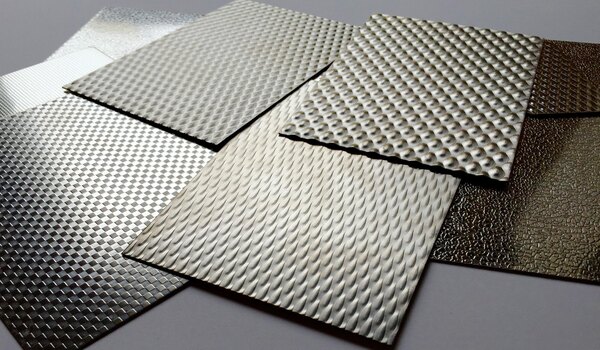
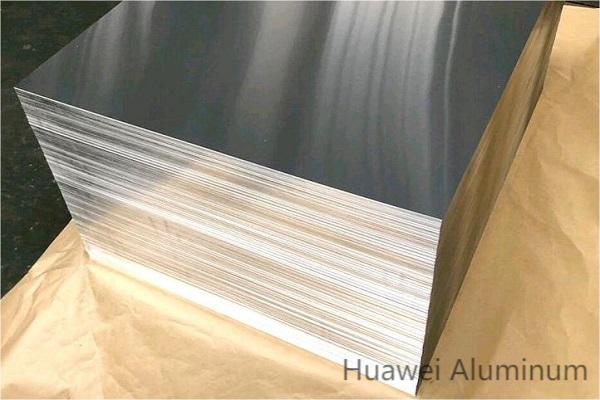
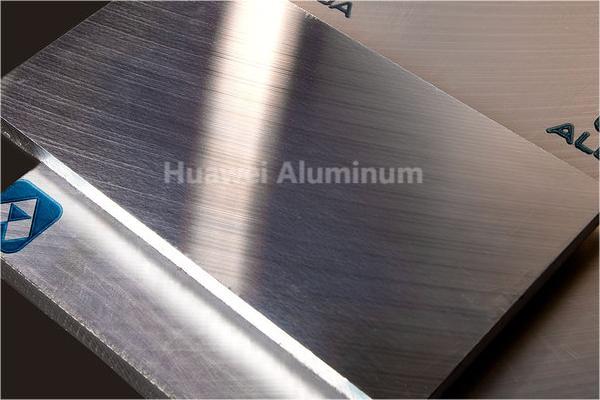
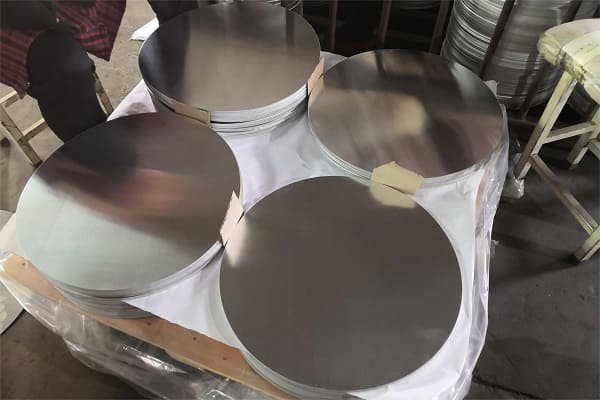
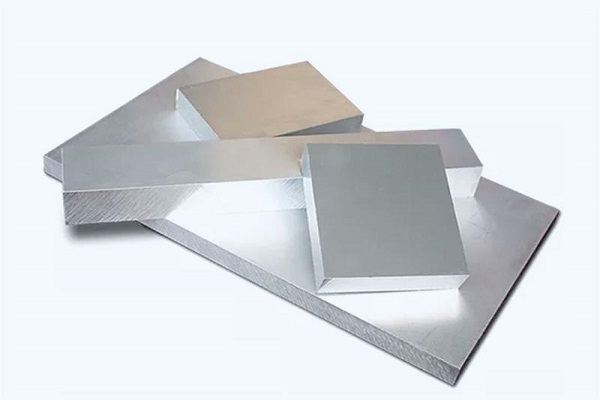
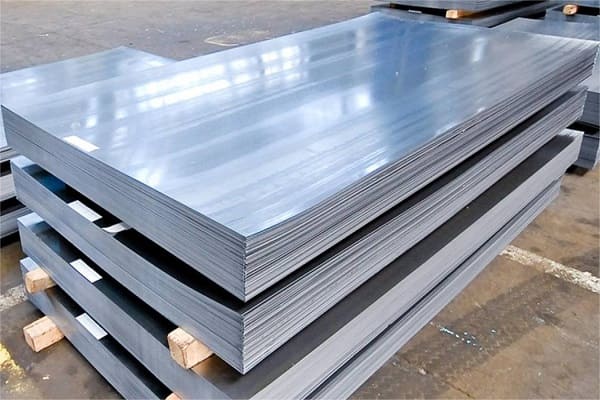
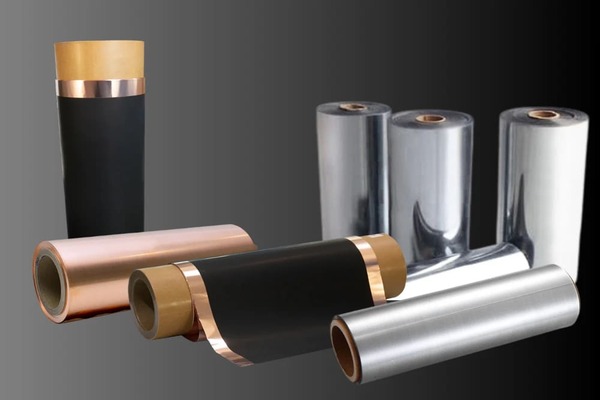
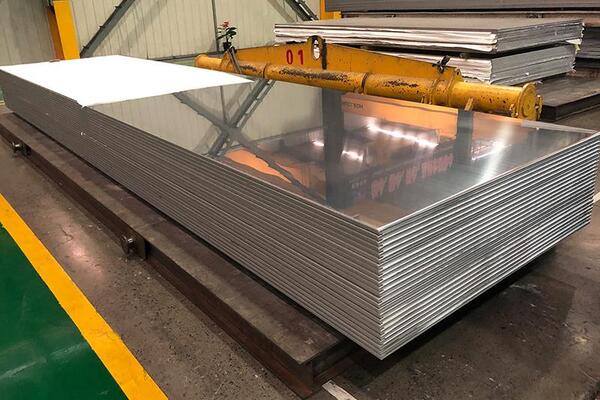
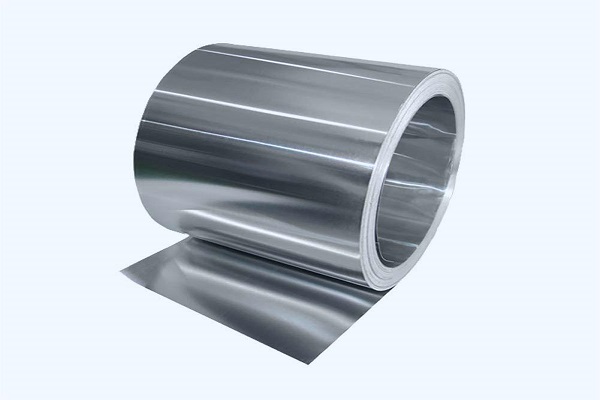
Залиште відповідь